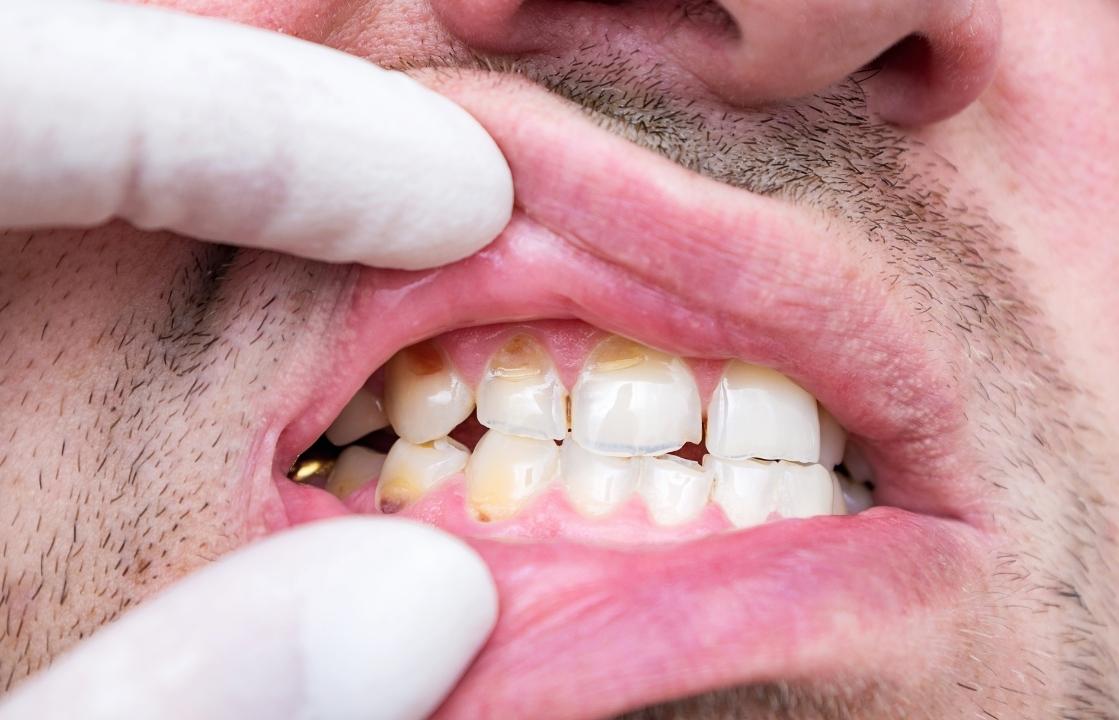$99 New Patient Special - Includes Exam and X-Rays.
Is Fluoride Safe For Kids?

By Dentist At Plum Creek Kyle
Fluoride has been a hot topic in dental health discussions, especially when it comes to children’s dental care. Parents often wonder whether fluoride is safe for their kids or if it poses potential risks. In this guide, we’ll delve into the ins and outs of fluoride, examining its sources, benefits, concerns, guidelines for kids, alternatives, and how to make informed decisions about its use.
I. Understanding Fluoride
A. What is Fluoride?
Fluoride is a naturally occurring mineral found in water, soil, and various foods. It plays a crucial role in preventing tooth decay by strengthening tooth enamel and making teeth more resistant to acid attacks from plaque bacteria.
B. Sources of Fluoride Exposure
Sources of fluoride exposure include drinking water, toothpaste, mouth rinses, and certain foods and beverages. Community water fluoridation is one of the most effective public health measures for preventing tooth decay, benefiting both children and adults.
C. Benefits of Fluoride for Dental Health
The primary benefit of fluoride is its ability to prevent cavities and promote oral health. Fluoride strengthens tooth enamel, reduces the risk of cavities, and can even reverse early signs of tooth decay. It is especially beneficial for children as their teeth are still developing and more susceptible to decay.
II. Concerns about Fluoride
A. Potential Health Risks
While fluoride is generally considered safe when used appropriately, excessive fluoride intake can lead to dental fluorosis and other health concerns. Some studies have raised questions about fluoride’s potential impact on neurodevelopment and thyroid function, although more research is needed to fully understand these risks.
B. Fluorosis: Understanding the Condition
Dental fluorosis is a cosmetic condition that affects the appearance of tooth enamel, causing white or brown spots to develop on the teeth. It occurs when children consume too much fluoride during the early stages of tooth development. While mild fluorosis is usually harmless, severe cases can affect the tooth’s structure and function.
C. Studies on Fluoride Safety
Numerous studies have been conducted to evaluate the safety of fluoride, particularly in relation to children’s health. While some research suggests potential risks associated with high fluoride exposure, the majority of scientific evidence supports the safety and effectiveness of fluoride in preventing tooth decay when used appropriately.
III. Fluoride Guidelines for Kids
A. Recommended Fluoride Levels
The American Dental Association (ADA) and the American Academy of Pediatrics (AAP) recommend the optimal fluoride levels in drinking water to be around 0.7 parts per million (ppm) to prevent tooth decay while minimizing the risk of fluorosis. These guidelines aim to provide children with the benefits of fluoride without exceeding safe limits.
B. Age-Appropriate Fluoride Use
For infants younger than six months, exclusive breastfeeding or formula feeding with low-fluoride water is recommended to minimize fluoride exposure. Once children start brushing their teeth, a pea-sized amount of fluoride toothpaste should be used, under adult supervision, to ensure they do not swallow it.
C. Risks and Benefits of Fluoride in Toothpaste
Fluoride toothpaste is a key tool in preventing cavities and maintaining good oral hygiene. However, young children are at risk of swallowing toothpaste, which can contribute to excessive fluoride intake and increase the risk of fluorosis. Parents should monitor their children’s toothpaste use and teach them to spit out the toothpaste after brushing.
IV. Alternatives to Fluoride
A. Fluoride-Free Dental Products
For parents who prefer to avoid fluoride, there are fluoride-free dental products available, including toothpaste, mouth rinses, and dental treatments. While these products may not offer the same level of cavity protection as fluoride-containing products, they can still contribute to good oral hygiene when used in conjunction with other preventive measures.
B. Natural Ways to Support Dental Health
In addition to fluoride, there are several natural ways to support dental health, such as maintaining a balanced diet rich in fruits and vegetables, limiting sugary snacks and beverages, and practicing good oral hygiene habits, including regular brushing and flossing.
C. Community Water Fluoridation: Pros and Cons
Community water fluoridation remains a controversial topic, with proponents citing its significant public health benefits in preventing tooth decay, especially among low-income populations. However, opponents argue that it infringes on individual rights and raises concerns about potential health risks associated with fluoride exposure.
V. Making Informed Decisions
A. Consulting with Pediatric Dentists
Parents should consult with pediatric dentists to discuss their concerns and make informed decisions about fluoride use for their children. Dentists can provide personalized recommendations based on each child’s dental health status, fluoride exposure, and individual risk factors.
B. Understanding the Role of Fluoride in Preventing Tooth Decay
It’s important to recognize that fluoride plays a crucial role in preventing tooth decay and promoting overall oral health. By following recommended fluoride guidelines and practicing good oral hygiene habits, parents can help their children maintain healthy teeth and gums.
C. Weighing the Evidence: Is Fluoride Safe for Kids?
While concerns about fluoride safety exist, the overwhelming scientific evidence supports its effectiveness and safety when used appropriately. By balancing the benefits of fluoride in preventing cavities with the potential risks of excessive fluoride exposure, parents can make informed decisions about their children’s dental care.
Summary
Fluoride is a valuable tool in preventing tooth decay and promoting oral health, especially for children. While concerns about fluoride safety persist, the benefits of fluoride outweigh the potential risks when used according to recommended guidelines. If you are in Kyle, TX, by consulting with dentist in Kyle, TX, understanding fluoride’s role in preventing tooth decay, and weighing the available evidence, parents can ensure that their children receive the benefits of fluoride while minimizing any potential risks







